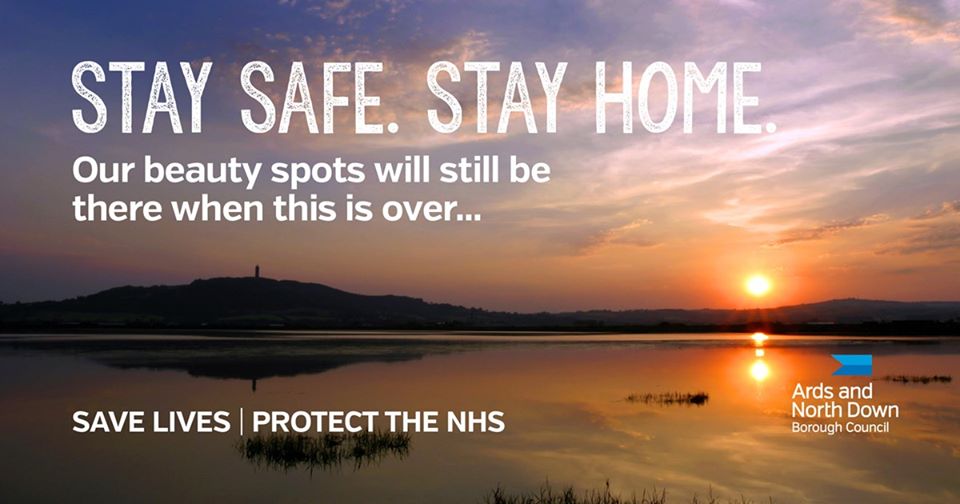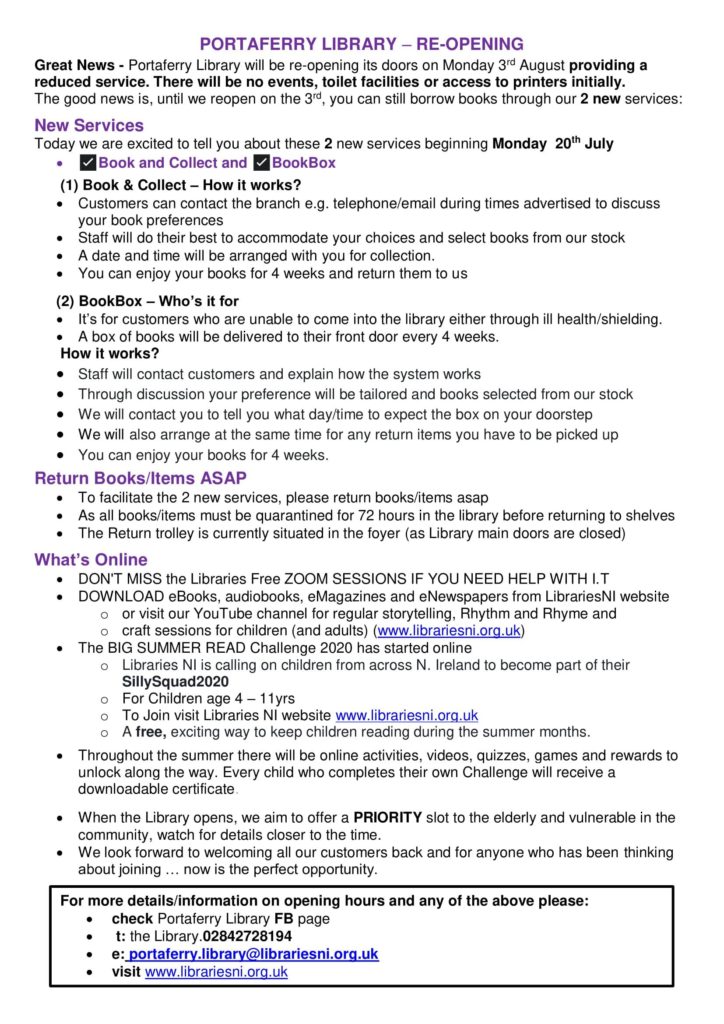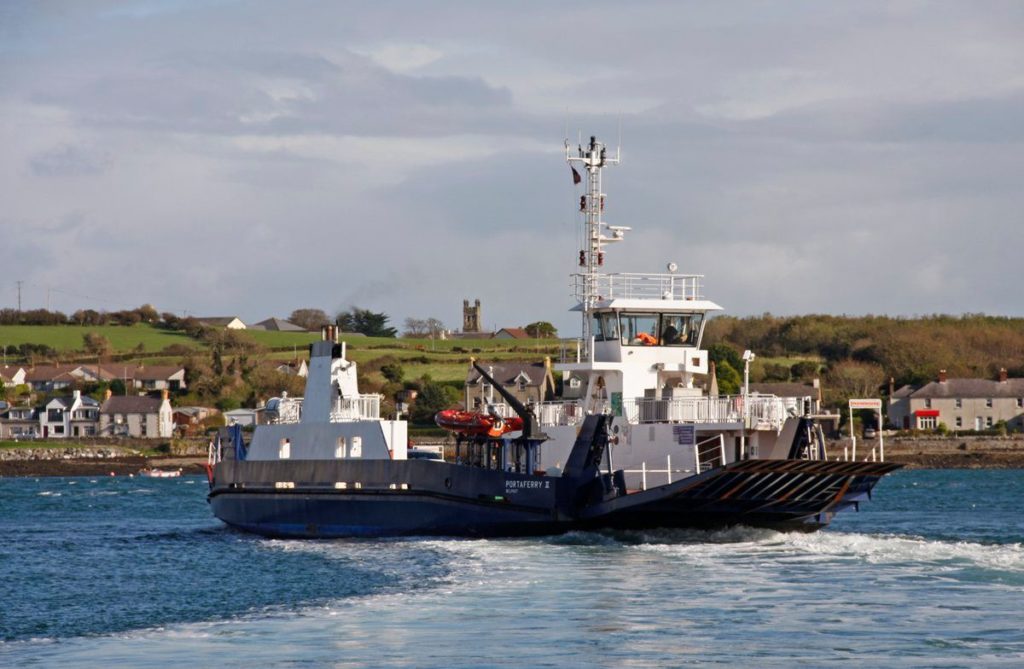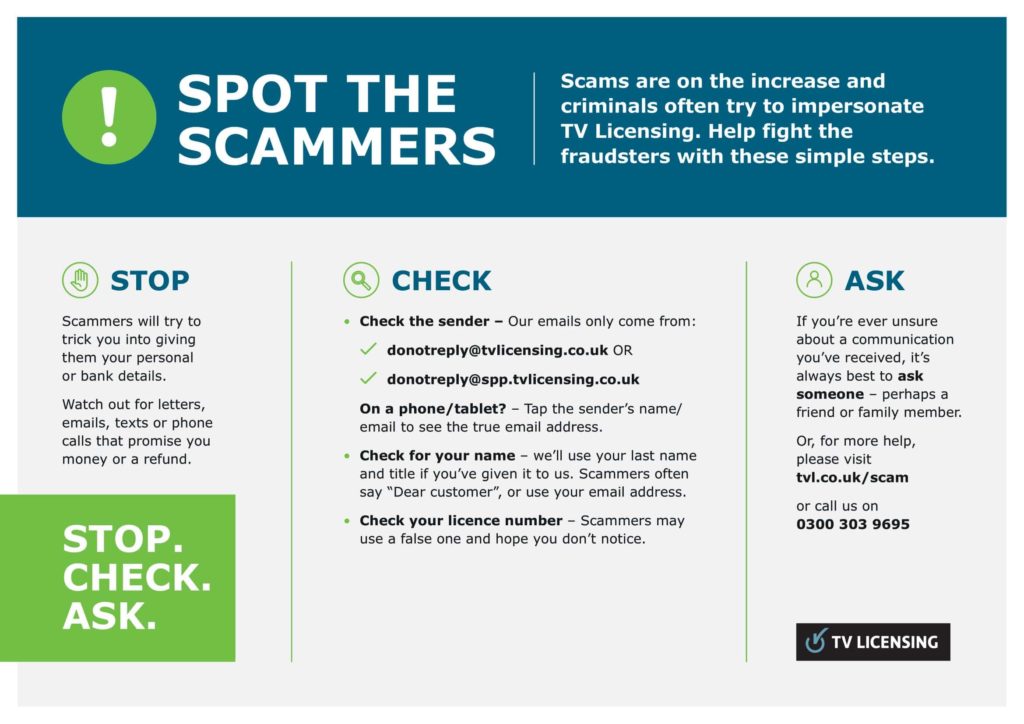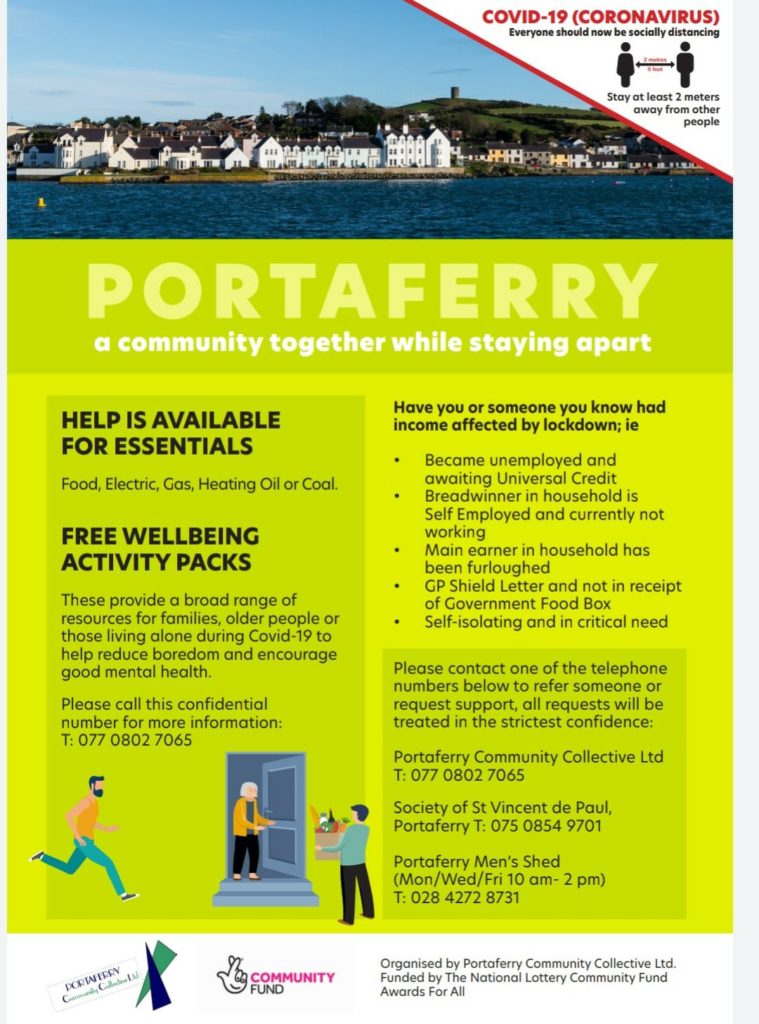Today (Monday 7th September), marks the launch of a regional mental health and emotional wellbeing campaign – ‘Working Together To Promote Mental Wellbeing”.
The campaign is being launched by the Public Health Agency (PHA) along with five Health and Social Care Trusts, the NI Ambulance Service and the Health and Social Care Board, who with the community and voluntary sectors will work together to promote ways to support our mental wellbeing, with co-ordinated messages and links to support on social media including to the updated resources website www.mindingyourhead.info
Over the next five weeks the campaign will focus on the ‘Take 5 Steps to Wellbeing’, which offers practical ideas to help support people with protecting and improving their own mental wellbeing and those around them.
The Take 5 Steps to Wellbeing are evidence based, easy to follow steps to help maintain and improve your wellbeing. The steps are-Connect, Be Active, Take Notice, Keep Learning and Give.
Olive MacLeod, Chief Executive, PHA, said: “The PHA has been working closely with the five Health and Social Care Trusts and NI Ambulance Service and the Health and Social Care Board on this campaign. In the current climate it is even more important we work together with a united voice with our local communities to encourage everyone to look after their own mental and emotional wellbeing and that of others. We want to promote each of the Take 5 messages and the range of resources and support available. We should think of these as our ‘five-a-day’ for wellbeing and build these into our daily lives.
“This week also sees World Suicide Prevention Day on 10 September. It is vitally important to remind people that if they or someone they know is experiencing a crisis, that the 24/7crisis helpline Lifeline (0808 808 8000) is available at all times.
“We hope that encouraging people to Take 5 Steps to Wellbeing will help prevent people reaching crisis point. We encourage people to recognise the signs in themselves and others and know where they can get help as early as possible.”
Week one of the campaign focuses on ‘Connect’ and is being led by the recently appointed Interim Mental Health Champion for Northern Ireland, Professor Siobhan O’Neill.
Commenting ahead of this year’s World Suicide Prevention Day, Professor O’Neill said: “Across the world, one person dies by suicide every 40 seconds. On Thursday people will come together in solidarity and spread awareness of how suicide can be prevented. In Northern Ireland we continue to have rates of suicide that are higher than any other UK region, and this remains very concerning. As Mental Health Champion, I will drive forward the actions within the ‘Protect Life 2’ Suicide Prevention Strategy and ensure suicide prevention is considered in all key policies.
I am passionate that we encourage everyone to look after their mental health and become our mental health champions, and in doing so look after ourselves and support others. ‘Take 5 steps to wellbeing’ is a set of tools we can all use daily, to help care for ourselves. As someone who uses these for my own wellbeing, I know they make a difference,” Professor O’Neill added.
Marie Roulston Director of Social Care and Children, Health and Social Care Board said: “The campaign is an excellent opportunity for the five Health and Social Care Trusts the Northern Ireland Ambulance Service and the Health and Social Care Board to work together over the next five weeks to build momentum around awareness of local services and the community and voluntary organisations working tirelessly to support people in their communities. They will also work together amplify the Take 5 message and links to support online and in their local areas.
“It is important to remember that mental health services continue to operate across Northern Ireland at this time. If you are concerned about your physical or emotional wellbeing, you should contact your GP.”
